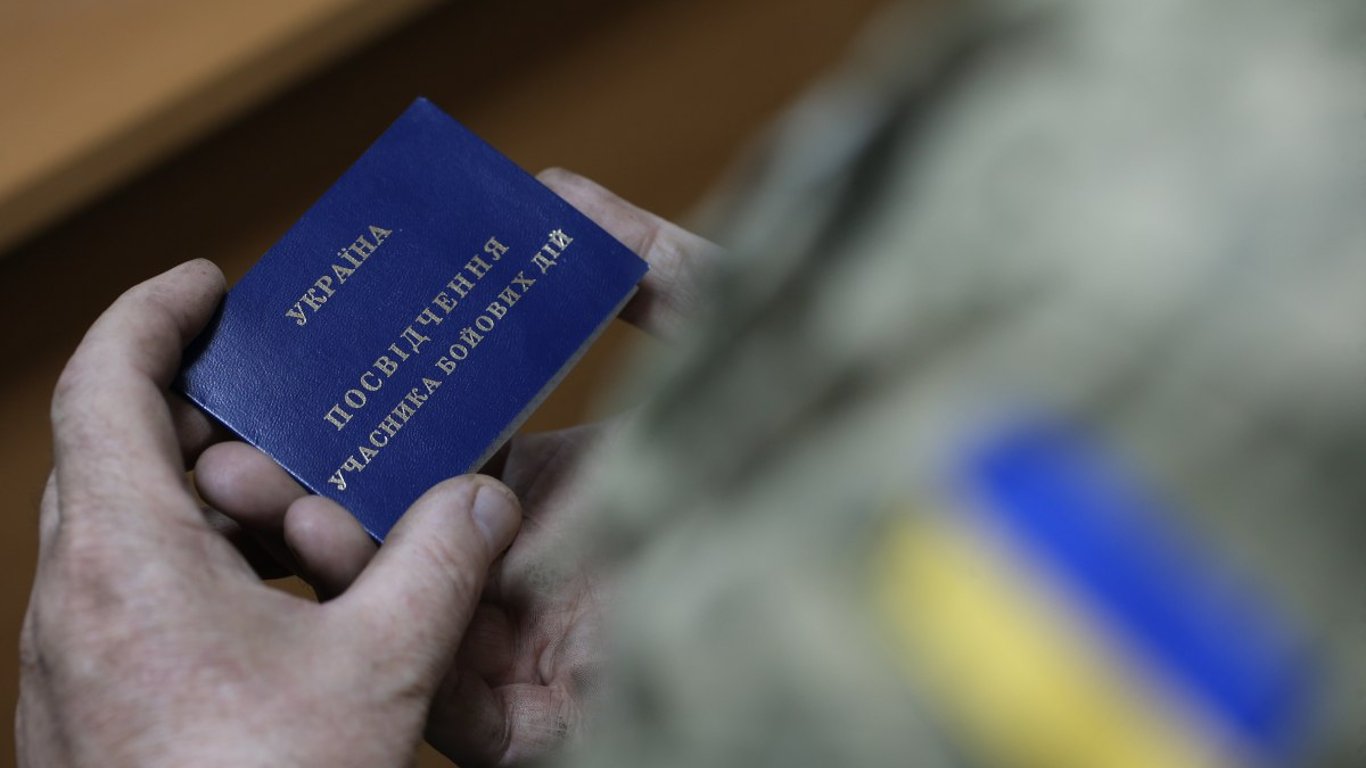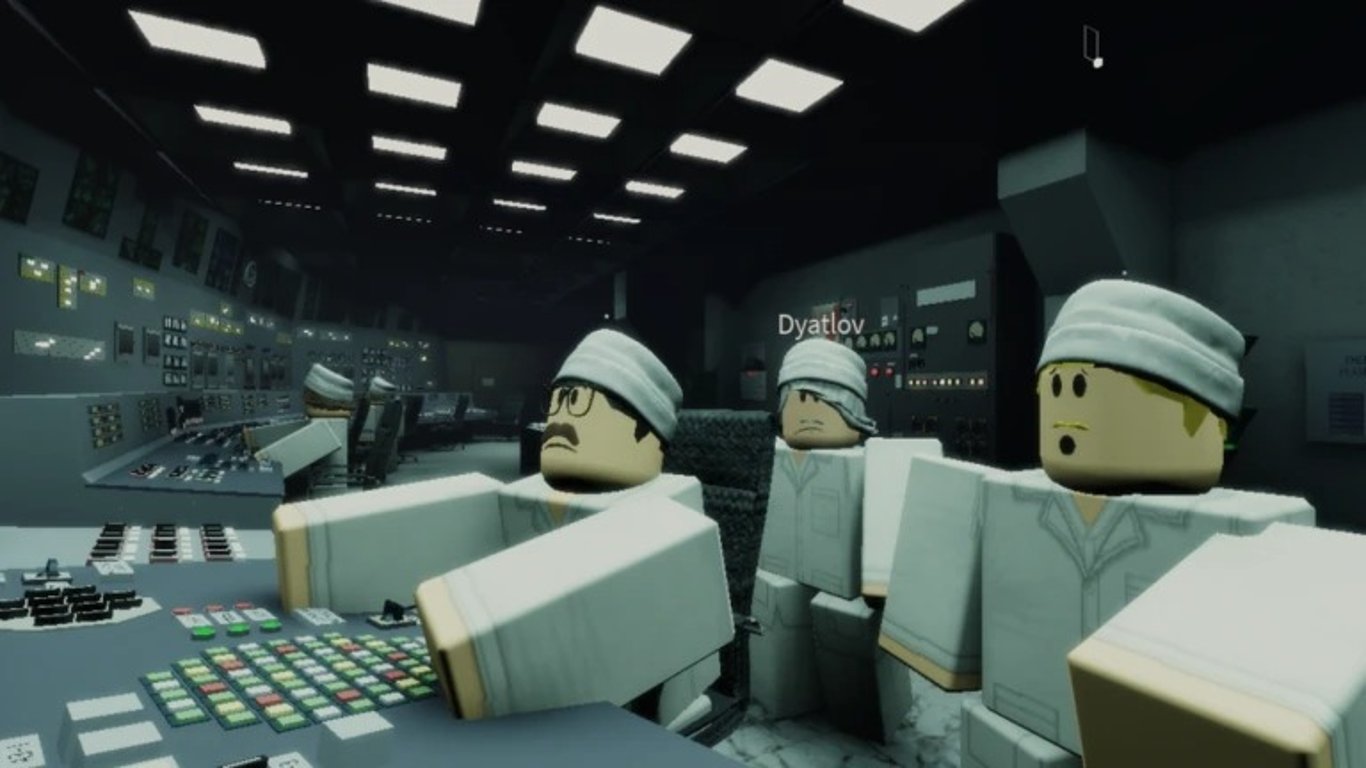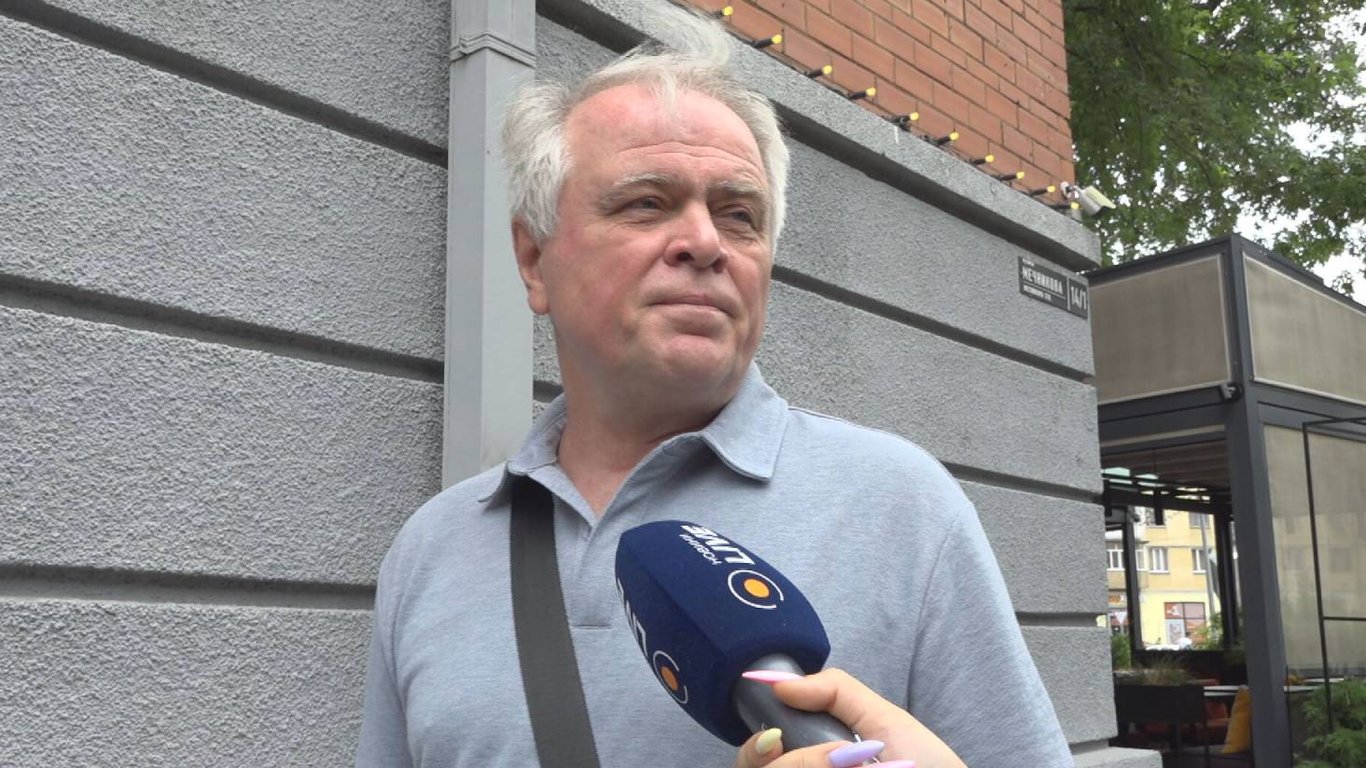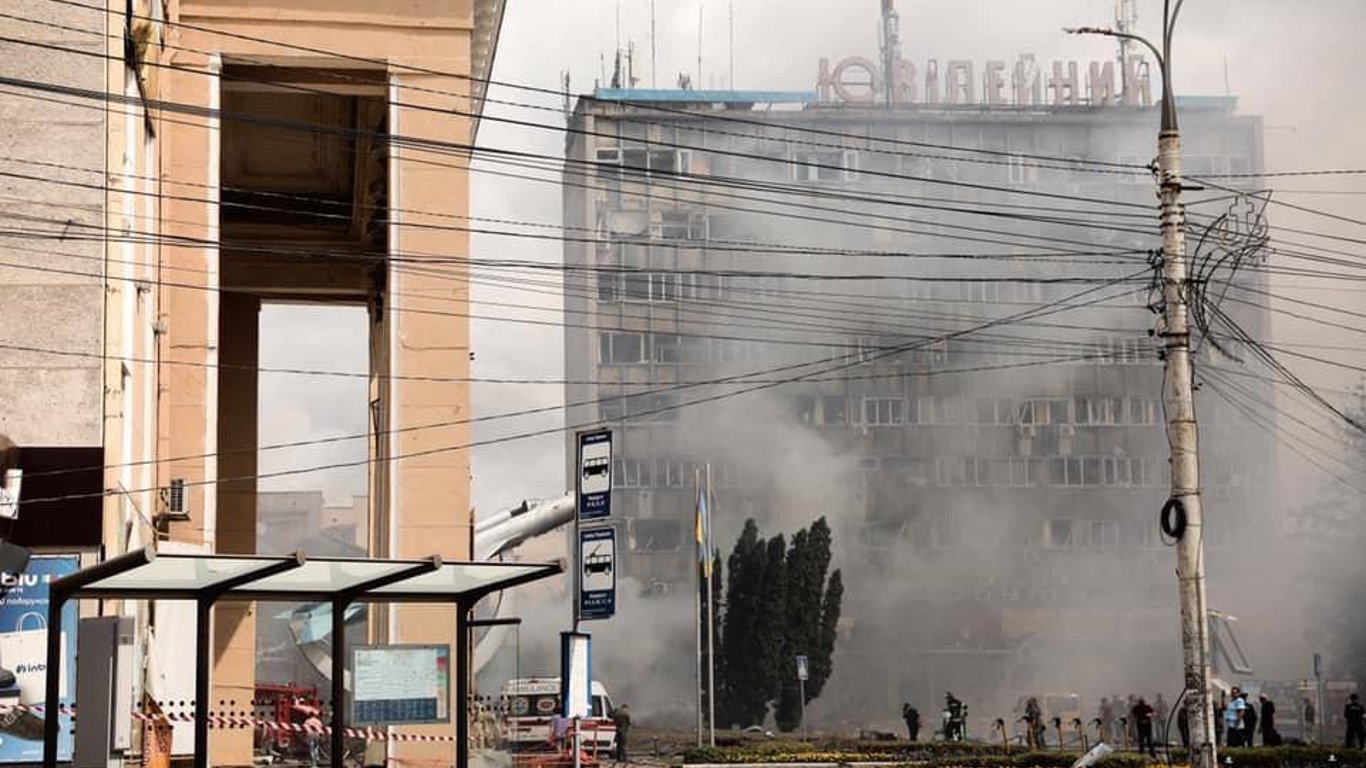The Kremlin Fears the Destruction of the Kerch Bridge - Military Expert.

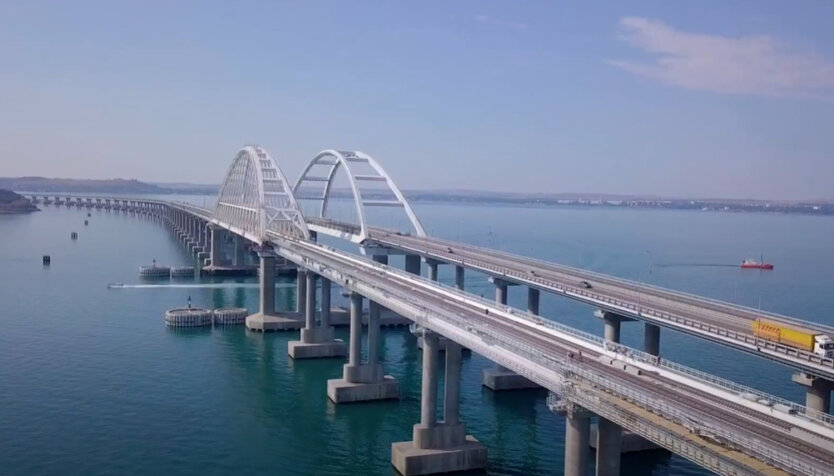
Ukrainian reserve captain Andriy Ryzhenko stated that the Kerch Bridge, despite serious damage, is still capable of serving its function as a logistical route for Russian troops occupying Crimea. He believes the only way to stop the supply of material resources is to destroy the bridge.
The Kerch Bridge was seriously damaged on October 8, 2022, but repair work was carried out throughout the year. Currently, passenger trains are running on the bridge, but the movement of trains carrying ammunition and fuel is restricted. Overall, only 25% of the cargo transported to Crimea goes through the bridge. The rest is transported through the Azov Isthmus, where a new railway is being built. According to Ryzhenko, the Kerch Bridge should be considered an operational target for cutting the logistical route of Russian troops in Crimea.
According to him, achieving this goal requires a series of actions focused on strikes and effects to negatively impact the enemy's supply line. Its weakness is that the bridge is the only means of supplying goods. Ryzhenko is confident that the Ukrainian military is analyzing these points.
In addition, the captain noted that the enemy already senses the possibility of an attack, as it has strengthened its air defense system near the bridge. A cumbersome structure has also been built to complicate the ascent of sea drones to blow up the bridge. The enemy is very afraid of the destruction of the Kerch Bridge; its fears are justified, according to Ryzhenko.
Read also
- Social Guarantees for Combatants - What Benefits Can Be Expected in August
- Trump and Zelensky have developed a plan regarding Putin — Morning.LIVE broadcast
- Trump Prepares to Transfer Offensive Weapons to Ukraine - What We Know
- Russia wants to ban the game Roblox — fearing diversions at the nuclear power plant
- Kyiv residents have radically changed their opinion about the EU and the USA - survey
- The anniversary of the rocket strike on Vinnytsia - chronology and consequences
